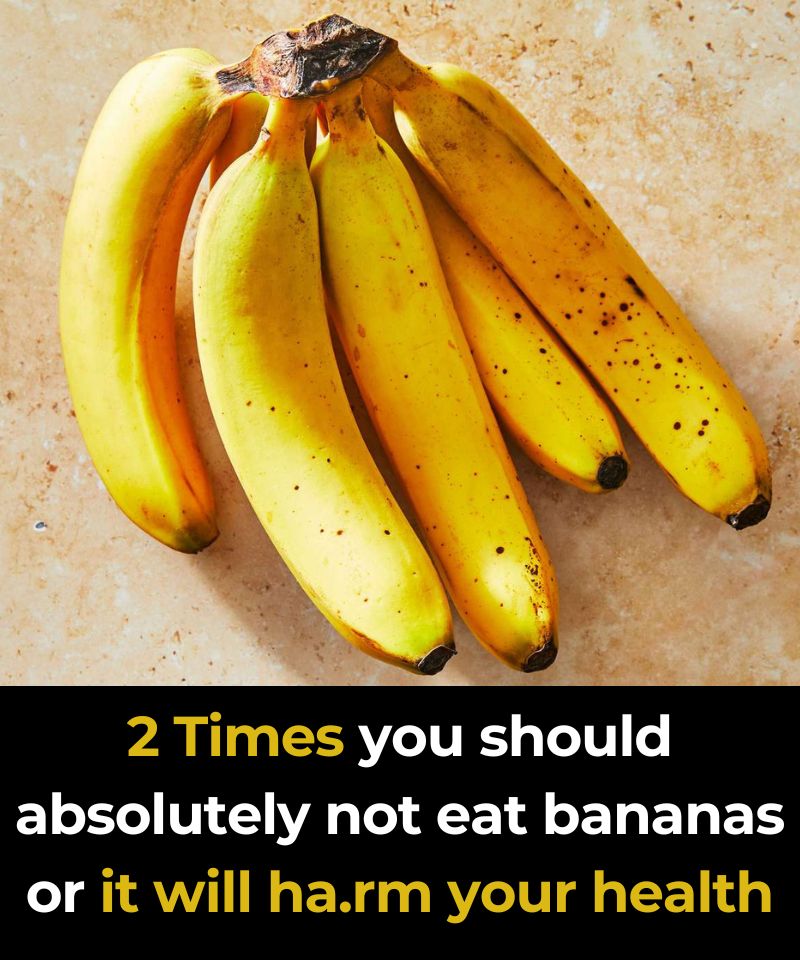
Bananas are a favorite fruit for many. They’re sweet, convenient, and generally well-tolerated by most people. Not only are bananas budget-friendly, but they also offer a wide range of science-backed health benefits.
Scientifically Supported Benefits of Bananas
- Help Regulate Blood Sugar Levels
Bananas are rich in soluble fiber, which turns into a gel-like substance during digestion and slows the absorption of sugar. Green, unripe bananas also contain resistant starch, which isn’t digested in the small intestine.
According to Healthline, both of these fibers help stabilize blood sugar levels after meals and control appetite by slowing down digestion. So, while bananas are high in carbohydrates, they don’t lead to sharp blood sugar spikes in healthy individuals. People with diabetes can still eat bananas in moderation, but portion control is key.
- Support Kidney Health
Potassium, found abundantly in bananas, plays a critical role in managing blood pressure and promoting proper kidney function. One study involving more than 5,000 people with early-stage kidney disease suggested potassium may help reduce blood pressure and slow the progression of kidney damage.
However, individuals with advanced kidney disease or on dialysis should be cautious with potassium intake. If this applies to you, consult your doctor before adding bananas to your diet regularly.
- Provide Potent Antioxidants
Bananas are packed with antioxidants such as flavonoids and amines. These compounds help neutralize free radicals in the body, reducing the risk of heart disease, degenerative conditions, and premature aging. - Aid Digestive Health
A medium-sized banana contains about 3 grams of fiber, which promotes digestive health and helps prevent constipation.
The resistant starch in unripe bananas acts as a prebiotic, feeding beneficial gut bacteria.
Pectin, another fiber present in both ripe and unripe bananas, softens stools and supports regular bowel movements. Some research even suggests it may lower the risk of colon cancer, though more studies are needed.
Foods You Should Avoid Pairing with Bananas
- Yogurt
While generally a safe combination, people with sensitive stomachs may experience digestive issues such as discomfort or diarrhea when consuming cold yogurt and bananas together. - Potatoes
When the nutrients in bananas and potatoes mix, a chemical reaction may occur that leads to the formation of toxins. It’s advisable to wait at least 15 minutes between eating these two foods. - Sweet Potatoes and Taro
Like potatoes, other starchy tubers like taro and sweet potatoes can cause digestive issues when eaten alongside bananas, potentially leading to bloating or abdominal pain. - Watermelon
Both watermelon and bananas are high in potassium. Consuming them together, especially for individuals with kidney problems, can lead to excessive potassium levels and associated health risks.
The Best Times to Eat Bananas
Bananas are a highly nutritious fruit, and eating them at the right time helps the body absorb nutrients efficiently.
- Eat bananas 1–2 hours after a meal or 30 minutes before or after exercising.
The natural sugars, fiber, vitamins, and minerals in bananas provide energy, boost workout performance, and aid in muscle recovery. - Bananas also contain magnesium and potassium, helping to replenish electrolytes post-workout.
- Consuming a banana before bedtime may also improve sleep, as it contains tryptophan — an amino acid that supports the production of melatonin, the hormone responsible for regulating sleep.
2 Key Times to Avoid Eating Bananas
- On an Empty Stomach
Experts warn against eating bananas first thing in the morning or when you’re very hungry. Due to their high magnesium and potassium content, eating them on an empty stomach may disrupt your cardiovascular balance, potentially causing discomfort or irregular heartbeat. - Early Morning or During High Focus Activities
Bananas are high in serotonin, which promotes relaxation and may induce drowsiness. Eating bananas at breakfast or when you need to stay alert (e.g., before work or study) could make you feel sluggish and reduce mental clarity.
If you enjoy bananas in the morning, pair them with protein-rich foods like oats or yogurt to help balance energy and avoid fatigue.

















